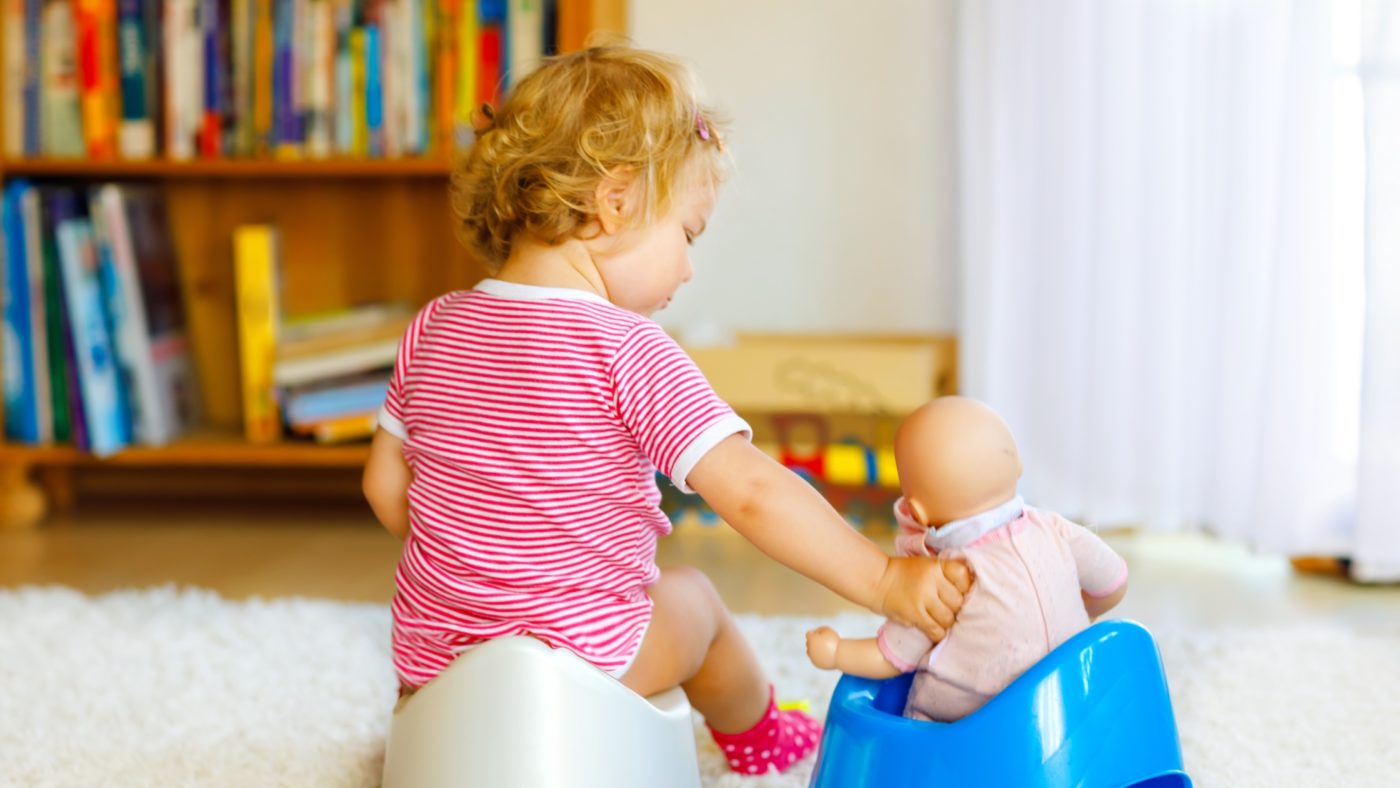
The Montessori approach to potty training emphasizes independence and following the child’s cues and readiness. It is a process that involves observation, patience, and trust in the child’s abilities
Here are some key principles and tips for using the Montessori method to potty train your baby
Follow the child’s lead
In Montessori, the child’s interests and abilities are central to the learning process. This means that you should observe your baby for signs of readiness and follow their lead when it comes to potty training. Some signs that your baby may be ready to start potty training include showing interest in the toilet, communicating when they need to go, and being able to sit up and walk on their own.
Create a prepared environment
In Montessori, the environment is carefully prepared to facilitate learning and independence. This applies to potty training as well. You can set up a small potty chair in a designated area of your home where your baby can easily access it. Make sure the chair is the right size for your baby and that they feel comfortable sitting on it. You can also include a basket with extra underwear and wipes so your baby can learn to clean themselves after using the potty.
Encourage independence
Montessori emphasizes the importance of allowing children to do things for themselves as much as possible. When it comes to potty training, this means allowing your baby to sit on the potty chair and try to use it on their own. You can encourage them to pull down their own pants and underwear and to clean themselves with wipes. This will help them feel confident and capable in their abilities.
Use positive reinforcement
In Montessori, positive reinforcement is used to encourage good behavior and to build self-esteem. When your baby successfully uses the potty, you can offer verbal praise and celebrate their achievement. You can also create a chart or visual aid to track their progress and reward them with a small treat or special activity when they reach certain milestones.
Be patient and consistent
Potty training is a process that takes time and patience. In Montessori, the emphasis is on allowing the child to learn at their own pace and in their own way. You may encounter setbacks and accidents, but it is important to remain consistent and patient in your approach. Remember that every child is unique and will progress at their own pace.
In summary, the Montessori approach to potty training emphasizes independence, observation, and following the child’s cues and readiness. By creating a prepared environment, encouraging independence, using positive reinforcement, and being patient and consistent, you can help your baby develop the skills and confidence they need to successfully use the potty on their own.



